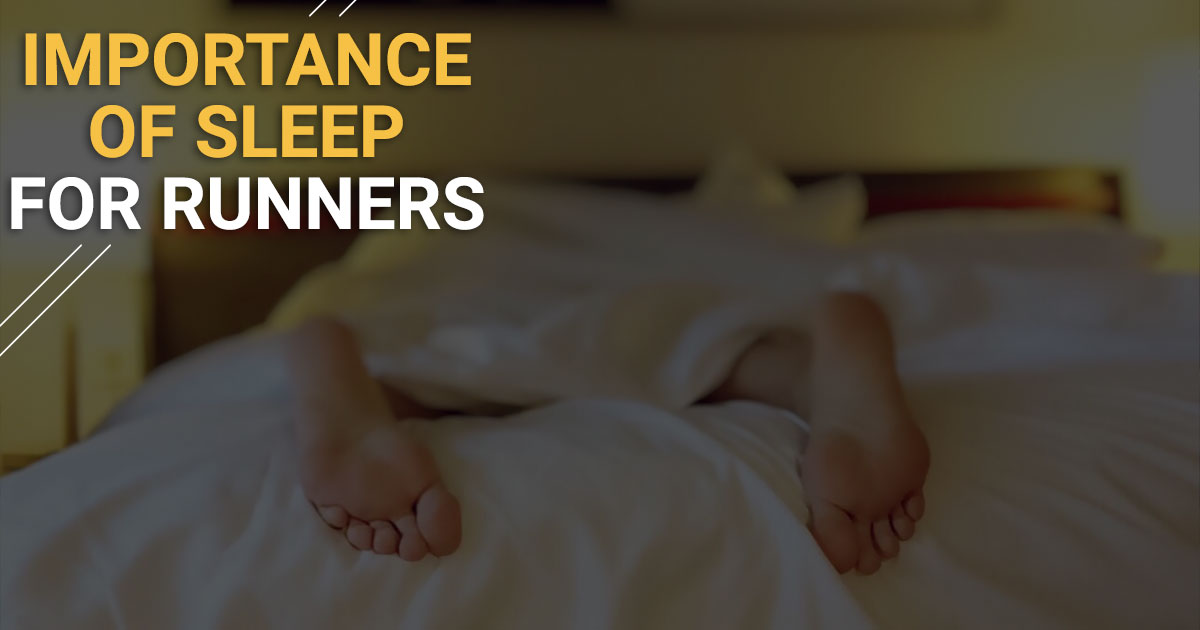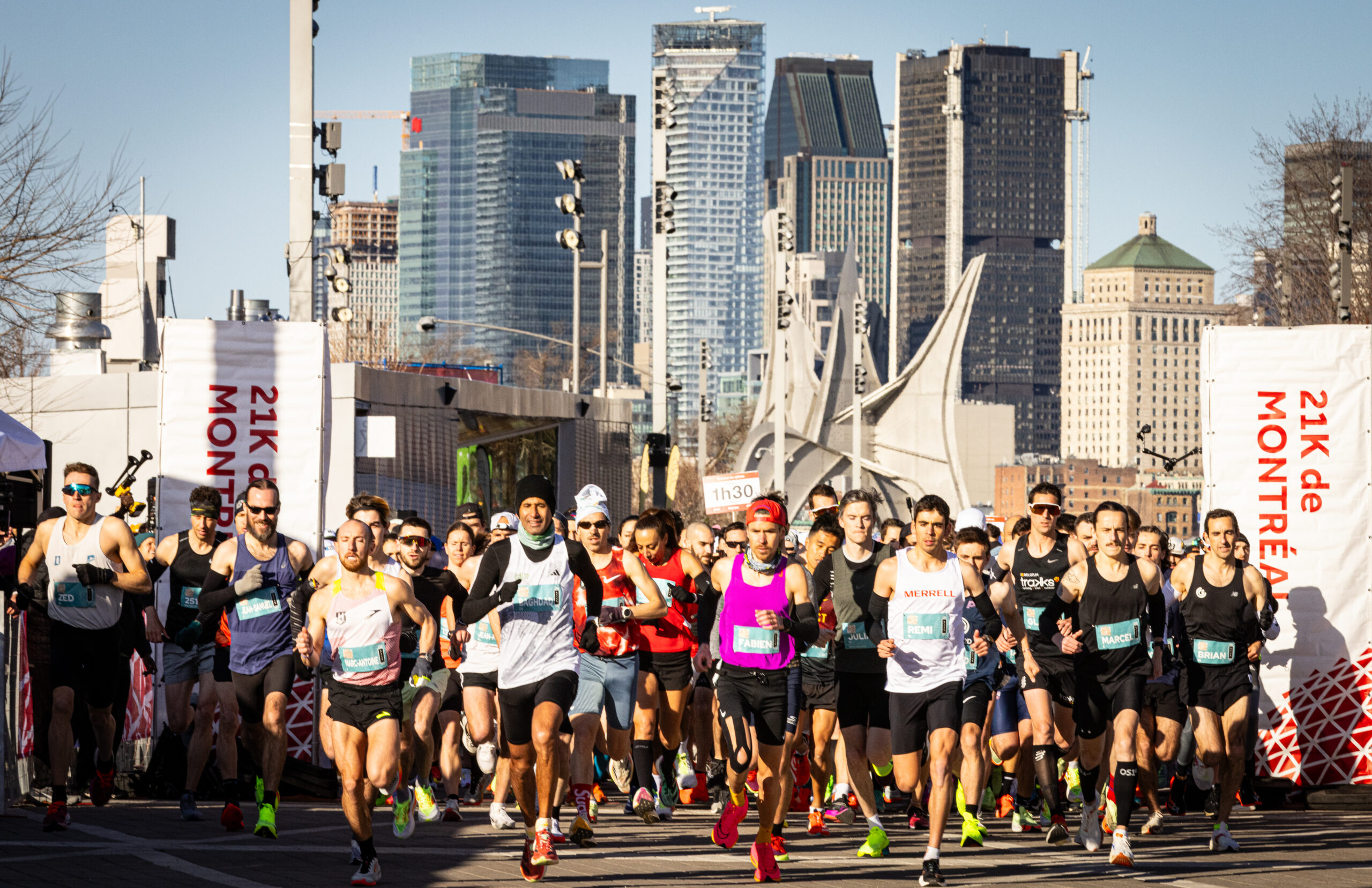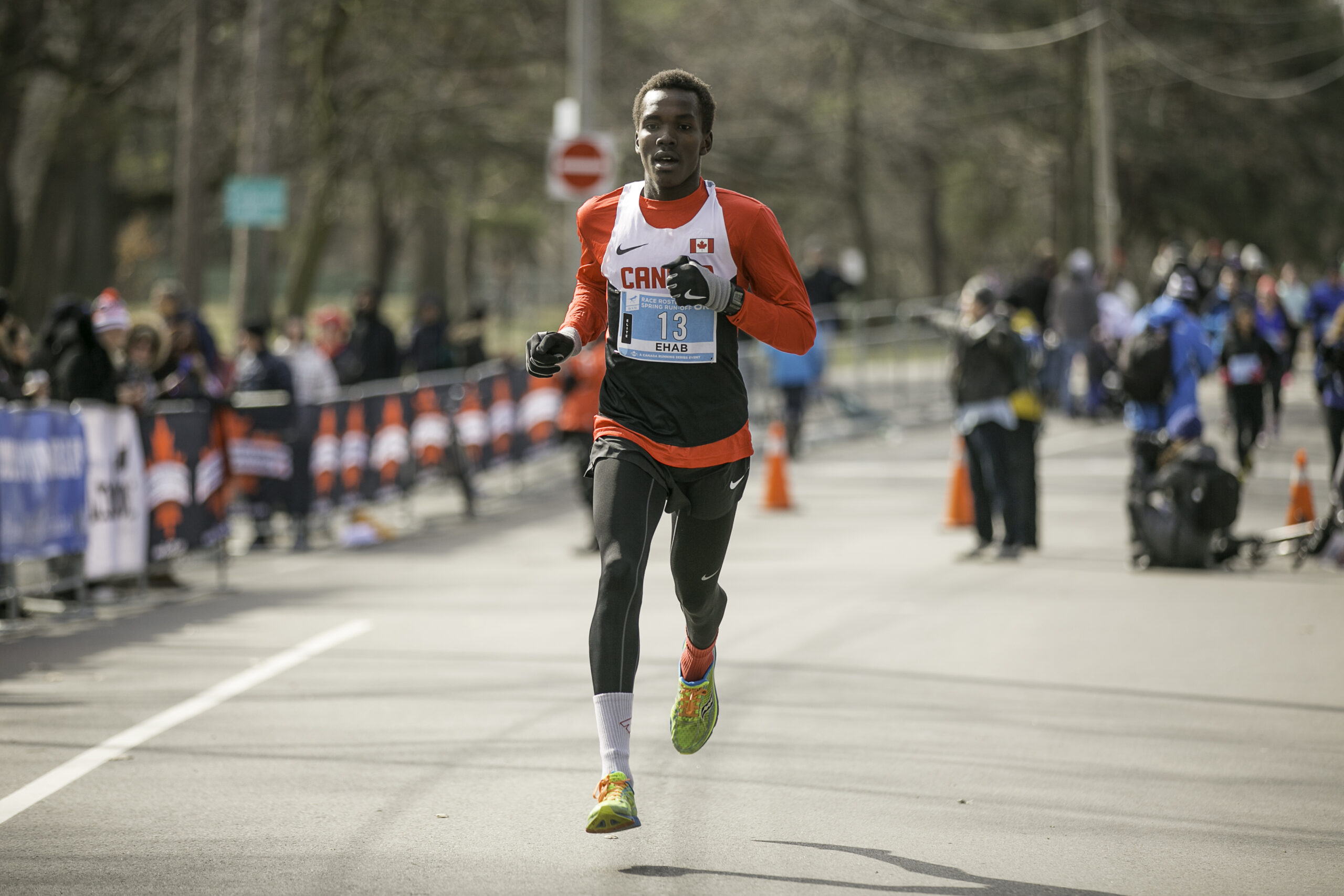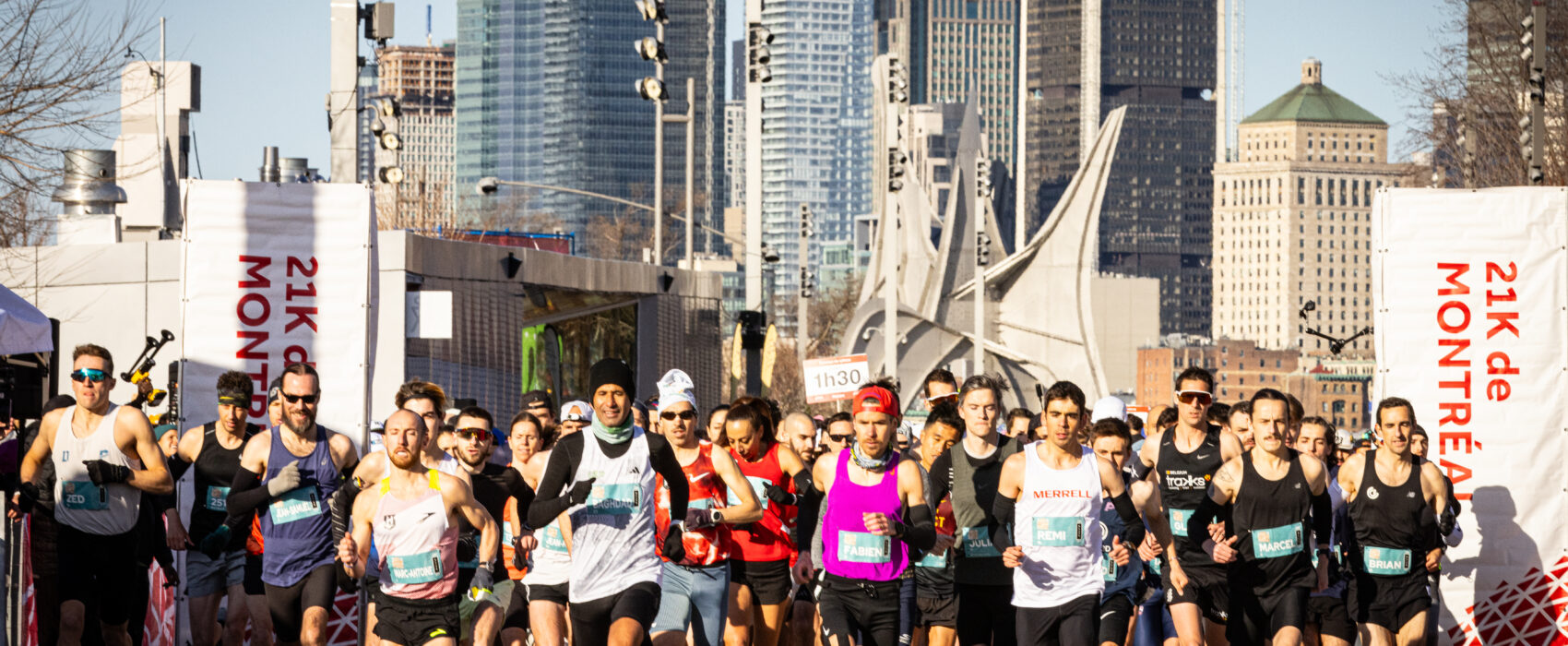
Sleep is probably the most under appreciated tool in a runner’s toolbox as it helps to prevent injury and rebuild muscle. But in a world where working into the wee hours of the night is considered a badge of honour, it could be negatively impacting your training. Lack of sleep can affect us in many different ways and these are some of the most crucial effects to be aware of:
- Brain function: anyone who hasn’t had enough sleep and has to go to work/school can attest to what a struggle it is to be productive. The foggy-brained feeling can lead to a decrease in creativity, and increases the chance of giving up on a complex problem.
Not only that, emotions and anxiety run high when we’re sleep deprived. A lot of problem solving, decisions, and judgements are made while we sleep; if we don’t allow the natural processing of information, it can cause increased stress and lower cognitive functioning. - Tired eyes. Nodding off during a boring lecture, meeting or while working on an assignment is a big indicator that you haven’t had enough sleep. Having 6 hours or less of sleep triples your risk of being in a motor vehicle accident.
When we nod off, it’s because we are actually having a “microsleep” where we actually fall asleep for a few seconds at a time. This occurs especially during monotonous tasks like driving and can be incredibly dangerous. Not only that, our hand-eye coordination is impaired, which is why a lot of note taking looks rather messy when you’re tired! - Altered diets. When we lack sleep, our body tends to crave food as a of boosting our energy levels. These cravings are usually for high-carb, calorically dense foods such as dessert, chips, pasta and bread.
There are two important hormones that are released throughout the day that signal hunger and satiation: leptin signals to our body that we’re full; whereas ghrelin sends signals out that we’re hungry. Leptin levels increase as the day progresses, and peak at nighttime.If you’re staying awake late at night, there is an increased ghrelin release to convince the body that it’s hungry, even when it doesn’t need more food. This malfunctioning hormone signals put people at risk for weight gain if they’re continually sleep deprived.
- Heart risks. Chronic sleep deprivation can put increased stress on your heart and put you at risk of developing hypertension and increased blood pressure. Sleep is when the most cell regeneration occurs, and as your blood vessels constantly regenerate, they are highly sensitive to any changes in that process.
If the blood vessels aren’t properly repaired while resting, it can lead to stiffness in the arteries, and reduce your healing efficiency. Neither of which are good things when you’re placing demands on your heart and vessels during hard interval sessions! - Impaired immune system. Lack of sleep can boost the inflammation in your body. Not only does that affect your chances of gaining weight, developing diabetes and increased heart risks, it can make you more vulnerable to getting sick. Getting at least 7 hours of sleep can help ward off the seasonal cold.







